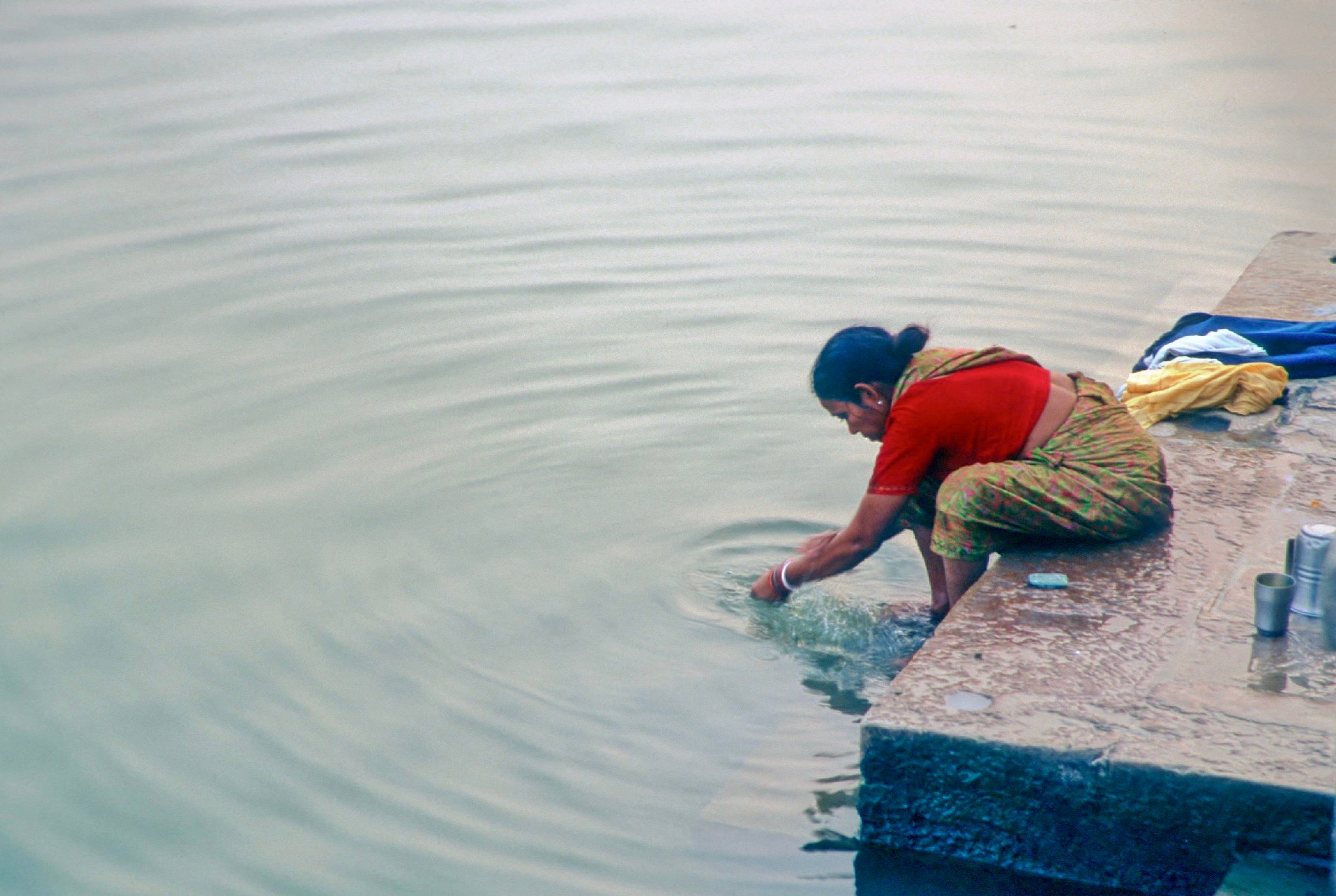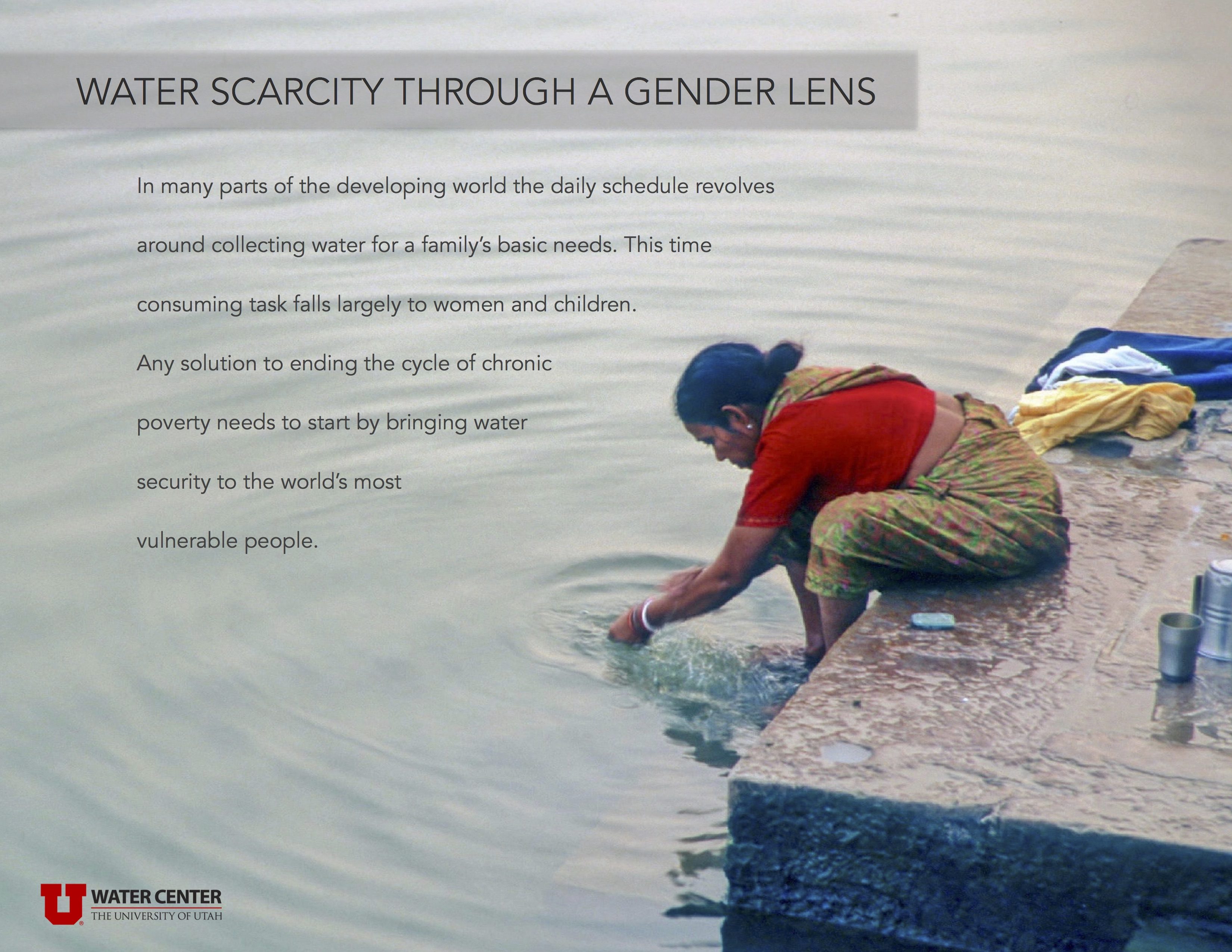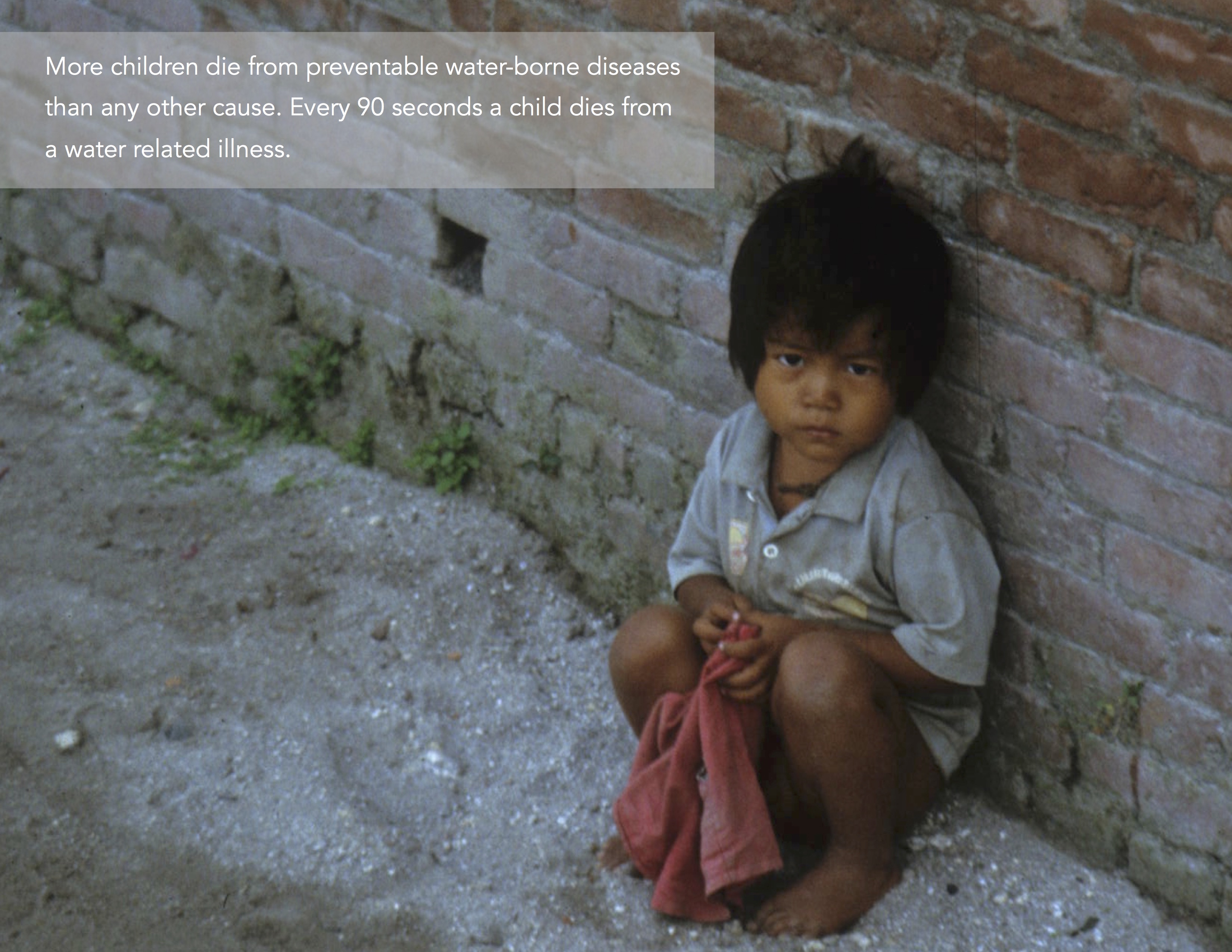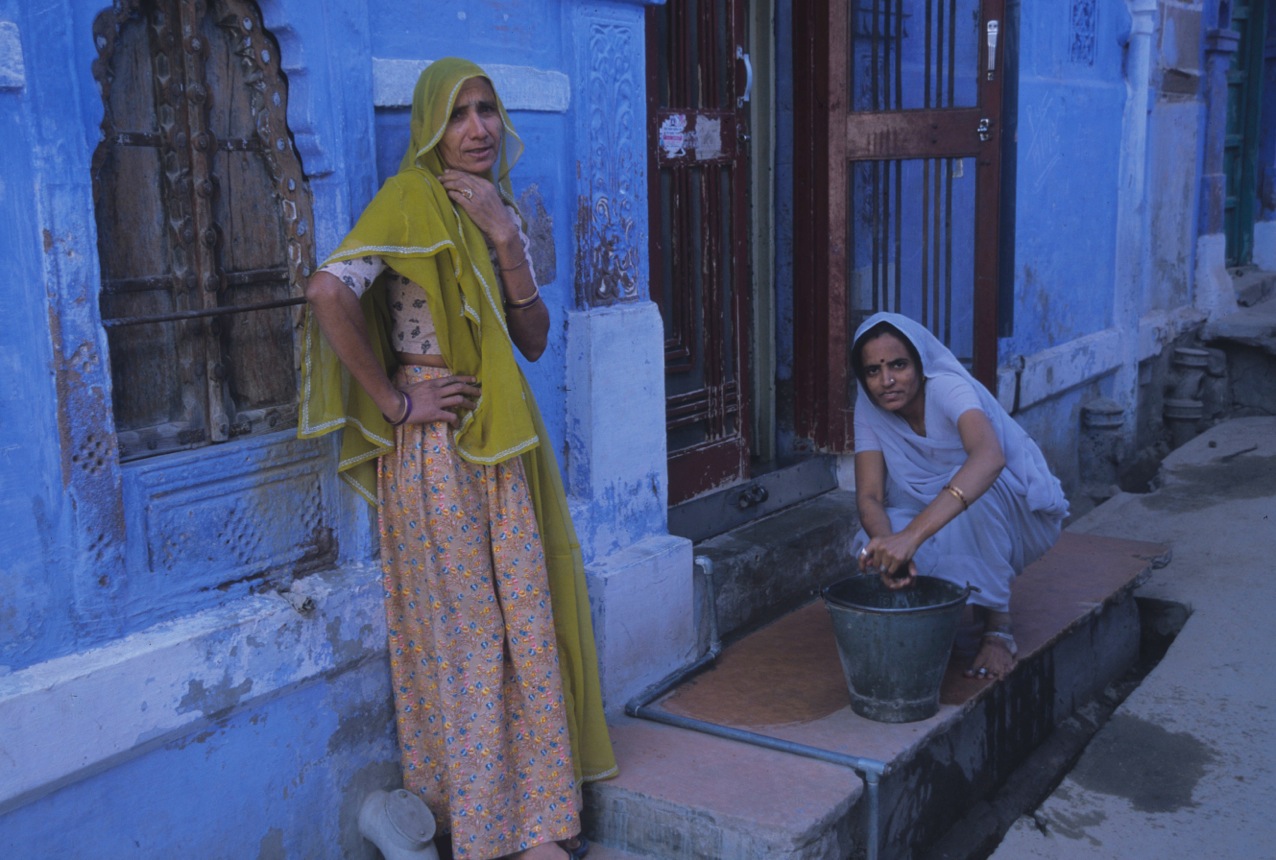

BY JONATHAN DUNCAN
There are few things every human being requires for survival. Beyond the barriers of race, culture, and identity—we all share the same human needs. The most basic of which is water. In 2010, the United Nation declared that access to safe and reliable sources of water and sanitation are human rights. Today water scarcity is the quiet cause of a perpetuating cycle of poverty and inequality, and is one of the leading factors inhibiting the fulfillment of much of the world’s population. A clear insight into the tangible, real-life effect of water scarcity on people's lives can be seen through the lens of gender equity.
Resource scarcity impacts people's lives differently. The affluent in the cities of Karachi, or Cairo, or Caracas can afford to buy bottled water and access to modern sanitation. It is the poor and marginalized who bear the brunt of resource scarcity, and the most vulnerable are the world's women and children. Women in much of the developing world are still bound to traditional roles that were better suited to an earlier age. Unlocking the potential of women is the key to any program of poverty reduction and long-term sustainable development.

More people have a cell phone than a modern toilet...
Water scarcity is often attended with the equally debilitating condition of poor or nonexistent sanitation. Over a billion people today lack access to a sanitary toilet, and in many communities it is the pollution of their water by human waste that is killing them. More children die every day from water-borne disease than any other cause, and it has been estimated that one half of the world's hospital beds are filled with water related illnesses. Poor sanitation is preventing vast populations of young people from living healthy and productive lives. Girls are particularly affected by lack of access to proper sanitation. Schools without access to the privacy of modern sanitation have an exponentially higher rate of girls dropping out of school once they reach puberty--serving to fuel another generation of under-educated women.
Beyond the economics of survival...
Bringing clean and reliable water and basic sanitation to the world's poor and underdeveloped communities will take a sustained commitment and investment. It would also mark a turning point in human history. One study by the United Nations found an estimated 40 billion hours a year are dedicated to collecting water. That is a monumental number. Freeing up that much latent human energy could change the future for generations of people. The outcome being a massive reduction in infant mortality, women being allowed to contribute their full potential, and people living longer, healthier, and more prosperous lives.

